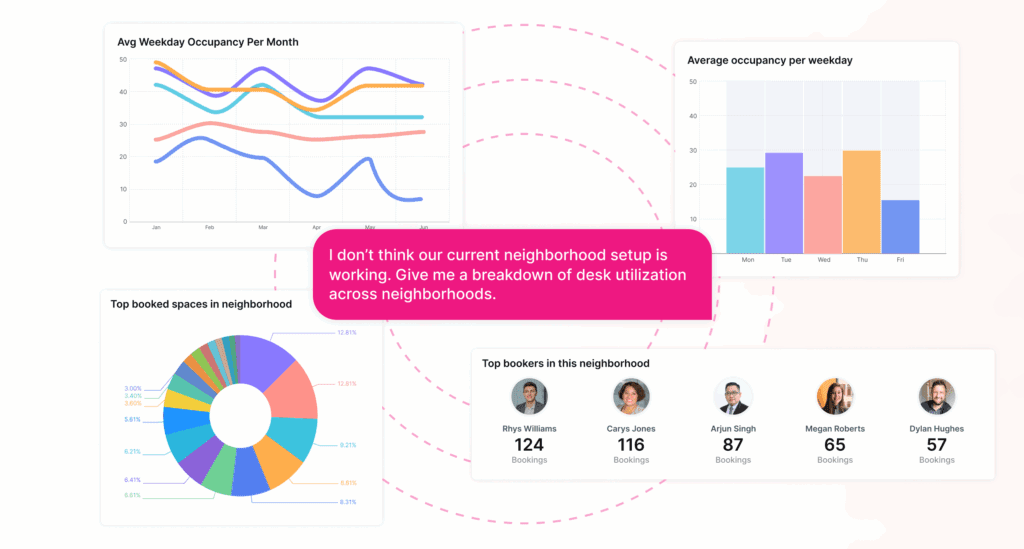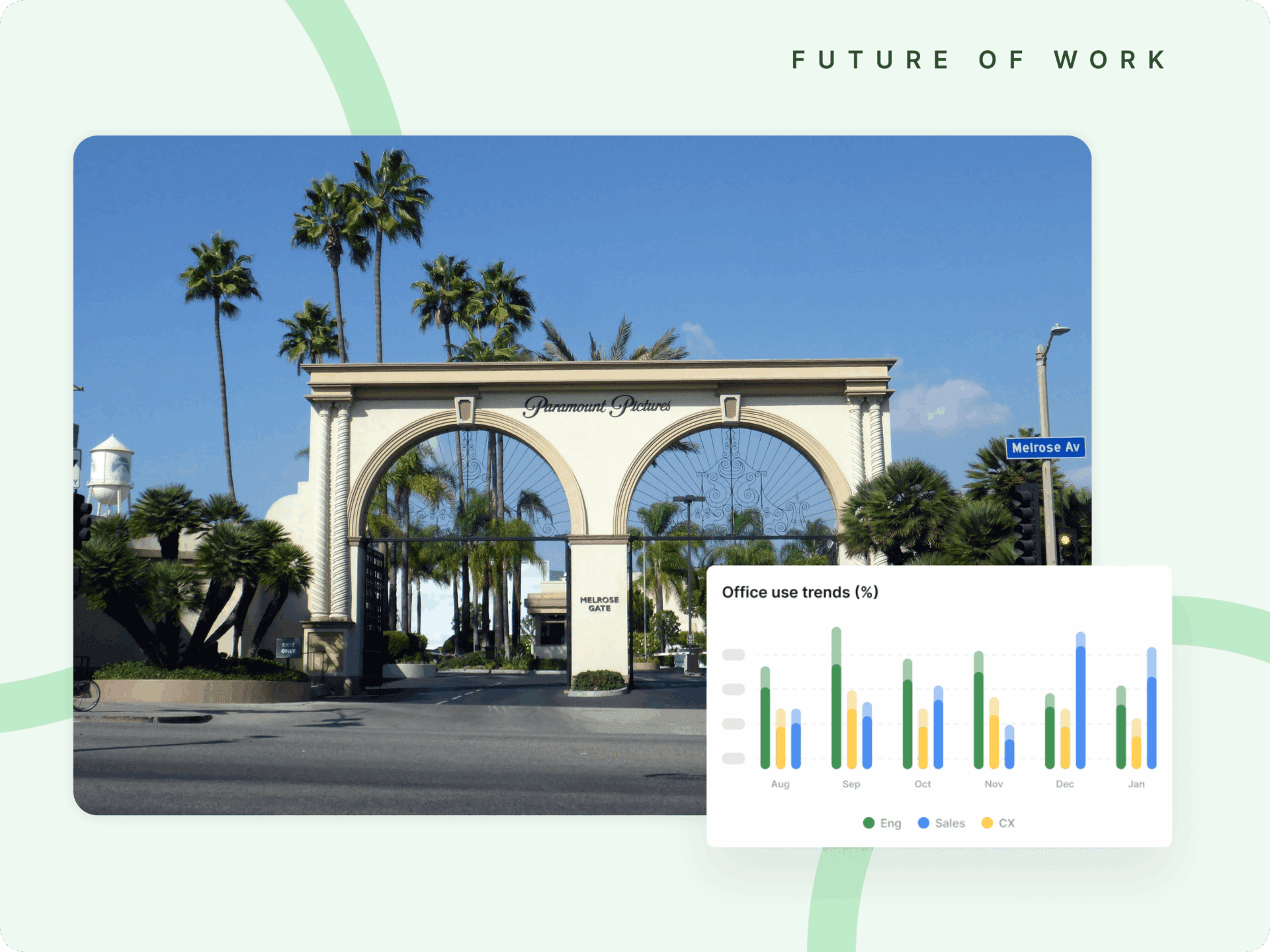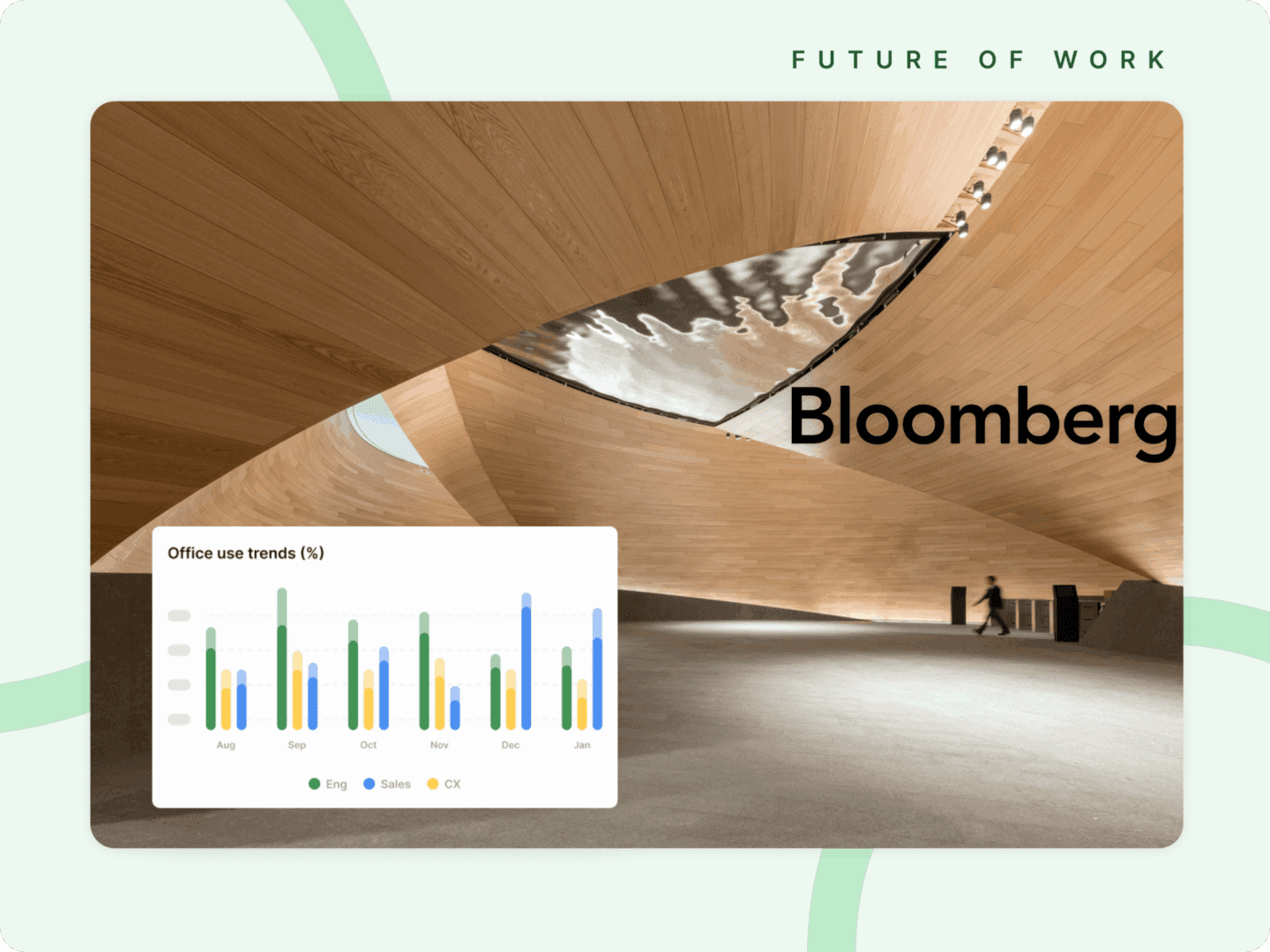In January, Paramount Skydance will require employees in Los Angeles and New York to return to the office five days a week. CEO David Ellison told staff in a memo that “in-person collaboration is absolutely vital to building and strengthening our culture.” It’s a decisive break from hybrid models—and one of the most sweeping return-to-office mandates we’ve seen from a major media company.
The Context Behind The Mandate
The policy doesn’t come out of nowhere. Paramount has just completed its $8.4 billion merger with Skydance, a move designed to cut costs and unify operations. Ellison has been clear: he’s looking for $2 billion in savings through technology consolidation, real estate efficiency, and labor restructuring.
This RTO mandate is part of that calculus. A severance opt-in program is already on the table for those unwilling to comply. Meanwhile, thousands of job cuts are expected by November. In this context, the office mandate looks less about collaboration and more about resetting culture during a turbulent restructuring.
Culture, Creativity, And Control
Ellison argues that creative businesses thrive when people are physically together. There’s truth in that—creativity often sparks through serendipity. But in 2025, we have to acknowledge that creativity also flourishes when employees have agency, balance, and the ability to design their best working rhythms.
When leaders tie culture exclusively to physical presence, it can quickly blur into culture control. Mandates that remove choice risk alienating employees who’ve built their lives around hybrid work over the past five years. Paramount’s buyout program quietly acknowledges that reality: some employees will simply walk away.

What This Signals For Other Industries
Paramount’s move underscores the high-stakes tension playing out across industries: the need to drive efficiency and cohesion versus the risk of losing top talent. Other companies considering similar steps should be asking themselves:
- Is physical presence the only way to achieve cultural alignment?
- How will this affect our ability to retain the best creative talent?
- What data do we actually have about how our people use space and collaborate today?
The companies that thrive in this next phase of work won’t be the ones enforcing blanket rules. They’ll be the ones using data to design strategies that give teams what they truly need—sometimes that’s in-person energy, sometimes it’s focus time at home.
Kadence As The Workplace Operations Platform
This is where Kadence steps in. Most organizations don’t have the visibility or tools to adapt quickly enough. They make blunt decisions—like Paramount’s five-day mandate—because they lack operational clarity.
Kadence is the workplace operations platform built for this new era. It brings together desk and room booking, people scheduling, workplace analytics, and strategic insights into a single system of record. With Kadence, leaders can:
- Right-size real estate portfolios
- Align strategies with actual employee behavior
- Build cultures people want to be part of
- Adapt quickly when conditions change

Paramount’s mandate is bold, but it may prove brittle. The future of work will belong to those who combine cultural clarity with operational agility—not those who conflate presence with performance.
If you’re thinking about how to design a workplace strategy that builds culture without sacrificing flexibility, book a demo with our workplace operations experts.




